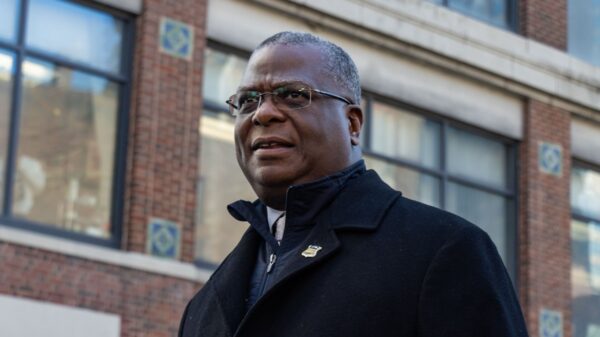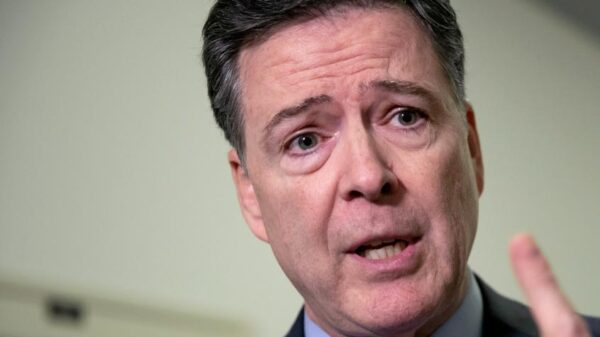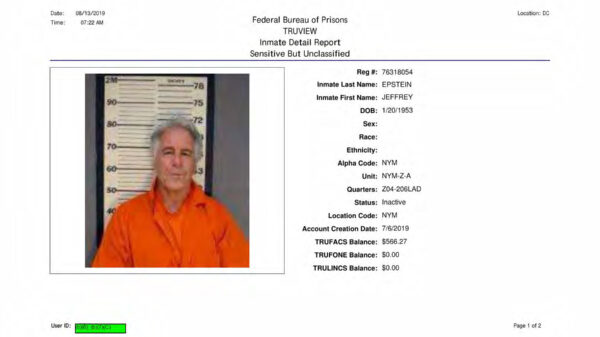UPDATE: Vice President JD Vance is facing mounting calls for impeachment after making incendiary remarks on X (formerly Twitter) regarding the use of the U.S. military against cartel members. In a shocking statement, Vance declared that killing cartel members is the “highest and best use” of military resources, provoking outrage across political lines.
The controversial comments, made earlier today, have sparked a firestorm of criticism from legal experts and former GOP strategists. Vance further inflamed the situation by dismissing concerns about potential war crimes, stating, “I don’t give a s— what you call it.” This bold statement has led to urgent discussions about the implications of his comments for military and legal ethics.
Prominent commentator Brian Krassenstein has been particularly vocal, labeling Vance’s remarks as reckless and indicative of a troubling disregard for the rule of law. Krassenstein has publicly called for Vance’s impeachment, emphasizing the potential consequences of such rhetoric on national security and international relations.
Legal experts are expressing alarm over the implications of Vance’s statements. Many argue that his comments could set a dangerous precedent for military engagement and undermine the legal frameworks governing wartime conduct. Critics warn that endorsing extrajudicial killings could lead to severe ramifications for U.S. foreign policy and military accountability.
As the fallout continues, political analysts are watching closely to see how this situation unfolds. The Vice President’s remarks are prompting discussions not only within political circles but also among the general public, with many expressing their outrage on social media platforms.
With calls for impeachment gaining traction, the urgency of this situation cannot be overstated. It raises essential questions about the responsibilities of elected officials and the acceptable bounds of military action. The implications of Vance’s statements reach beyond politics, touching on fundamental issues of justice, morality, and governance.
What happens next remains uncertain. As public discourse intensifies, the potential for political fallout may reshape upcoming political strategies and responses from both the administration and its critics. Stay tuned for further updates on this developing story as it unfolds.



































































